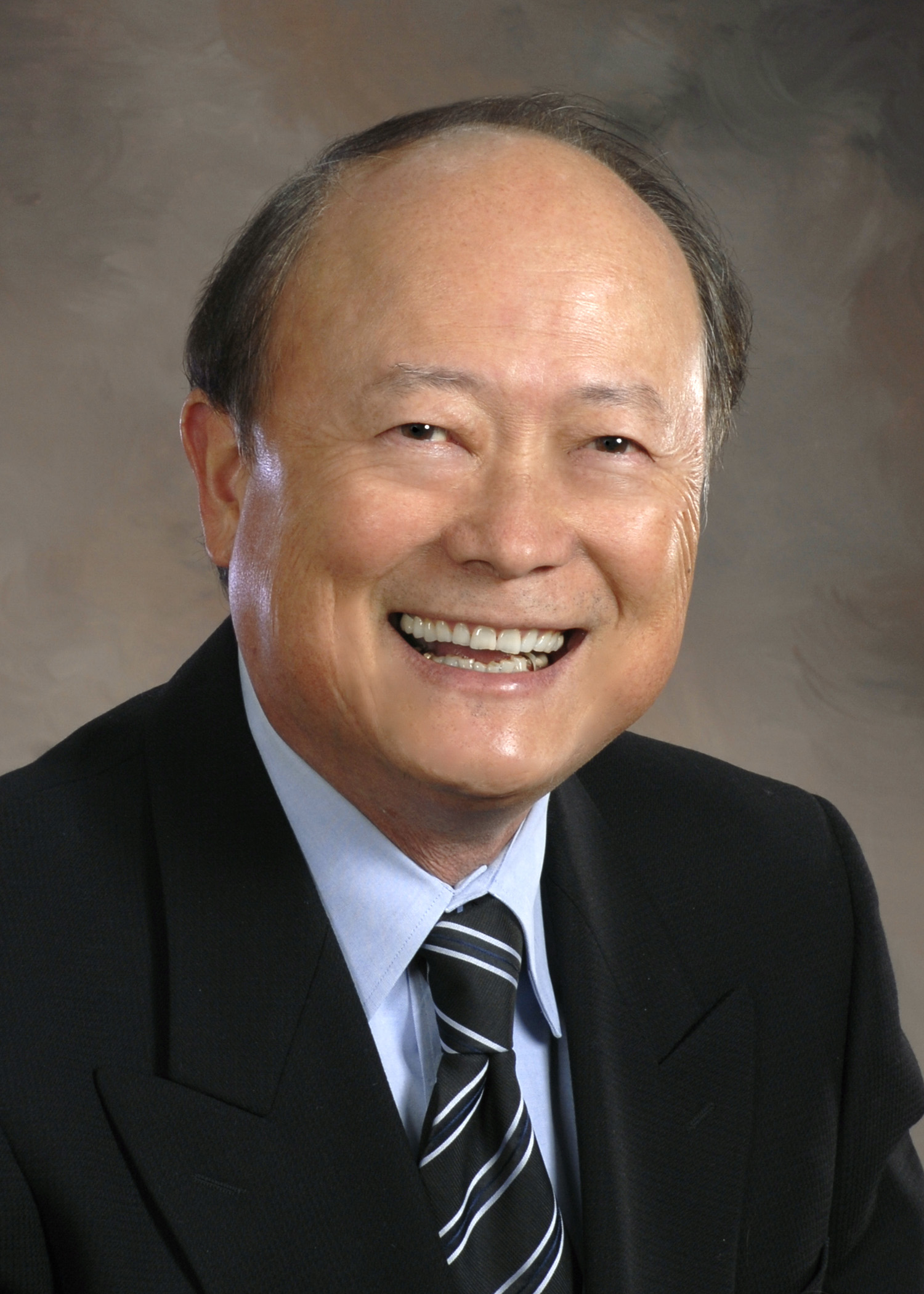Alumni Focus: James Young
Founder and owner of Abuelo's restaurants
Mr. James Young, founder and owner of Abuelo's restaurants, is a classic American success story. Having worked at McDonald's while a graduate student at Texas Tech, he discovered that he really liked the restaurant business--so much so, in fact, that he left his graduate program in the summer of 1975 and rented a taco stand on 34th Street that had gone out of business. He turned the taco stand into a Chinese restaurant and made it a success. In 1988 he opened his first Abuelo's restaurant in Amarillo. Twenty-five years later, with 40 restaurants located in 14 states throughout the nation, more openings planned for the future, and around 3,000 employees, the success of Abuelo's has been a dream come true. That said, Young is quick to note that he did not act alone. He emphasizes that the dream was made possible by financial partners, investors, and a wonderful family of Abuelo's employees who have become friends and share-holders over the years.
Young was born in Taiwan to Chinese parents who fled to Taiwan in 1947 to escape communism and civil war. After receiving a bachelor's degree in electrical engineering and completing two years of mandatory military service, Young was accepted to the electrical engineering master's program at Texas Tech in 1974. Margaret, the woman who would become his wife, was already studying at TTU.

James Young
Q: How did you learn about Texas Tech University and what made you decide to come here to pursue a graduate degree in electrical engineering?
My fiancée came to Lubbock while I was in military service back in Taiwan, so she was the one who introduced me to Texas Tech, and I got detailed information from the US embassy at Taipei.
Q: What were your first impressions of West Texas and Texas Tech? Did you experience "culture shock" when you first arrived?
When I first arrived in Lubbock, visually the flat and vast landscape was totally different from where I grew up. After a couple weeks of being here, I felt that everyone who I had the opportunity to meet was so friendly and sincerely welcoming to foreign students. Aside from a slight language barrier, I adjusted to my new home with very little culture shock. I believe that marrying my fiancée (Margaret Kailee) also alleviated some of the shock.
Q: The United States was experiencing a recession in 1973-75, and I understand that you saw several of your friends graduate and get good jobs, only to be laid off. Is this what led you to make the somewhat risky decision to leave graduate school and go into the restaurant business?
Yes, it was not very encouraging when I saw brilliant young engineers being laid off during the recession. My wife and I thought that having our own business would provide better financial independence than being an engineer, and I also realized that I might like the restaurant business since I really enjoyed my job at McDonald's. Our capital risk was only about $600 for our first little restaurant, and I negotiated a month-by-month lease. We could always go back to school and finish our degrees if it didn't work out, so the overall risk was very manageable.
Q: Did you know at the time the percentage of restaurants that fail in the first year? What gave you the confidence to think that you could make this venture a success? Are there other entrepreneurs in your family?
I did not have the statistical data about the failure rate—Google was not available then! Although neither Margaret nor I had any business experience, we believed that doing our best to treat our guests as we would want to be treated is one of the golden rules upon which to build a successful business. My grandfather was an entrepreneur—he was a silk merchant and exporter during the late 19th century—but he passed away when my father was very young. I did not get firsthand business lessons from him, but it is possible that I might have inherited genetically some of his business acumen.
Q: Have you ever worked with professors or students in Tech's RHIM program?
Yes, as a team, our company offered a course about restaurant management that includes
day-to-day restaurant operation, customer service, supervision skills, accounting,
tax filing, HR practices, and all other government compliances... a very practical
course.
On the personal side, Margaret and I are sponsors of a Professorship Endowment at
the RHIM program.
Q: Do you have a favorite memory from your time at Texas Tech?
Although it is more than 40 years ago, it probably was watching my first football game.
Q: If you could give international students at Texas Tech a single piece of advice, what would it be?
This is a great country. There is a lot that can be learned beyond what any University can offer. In my experience, values of Christianity--such as those exemplified by the moral philosophy of the Golden Rule--have done much to make the United States the great country that it is. I would encourage international students to learn all that they can about the culture of this country and embrace the opportunities that it offers. The American Dream is still attainable if one has ambition and the willingness to work hard. On the way to realizing your dreams, remember to stop and encourage others along the way.
International Affairs
-
Address
601 Indiana Avenue, Lubbock, TX 79409-5004 -
Phone
806.742.3667 -
Email
oia.reception@ttu.edu
